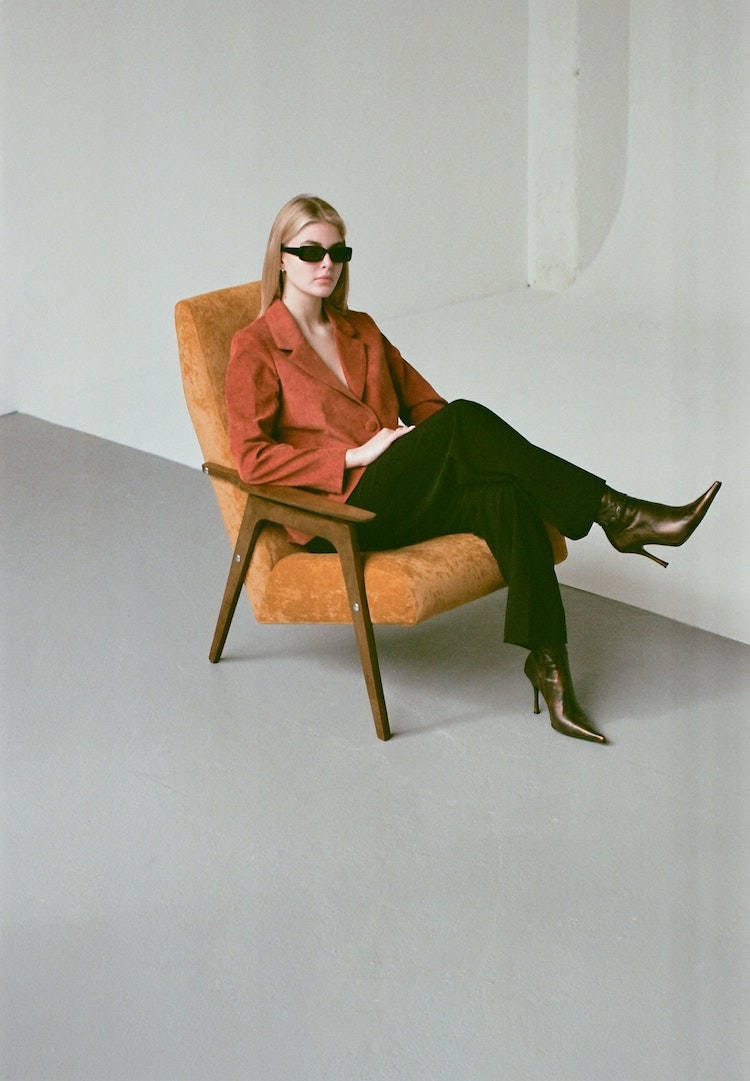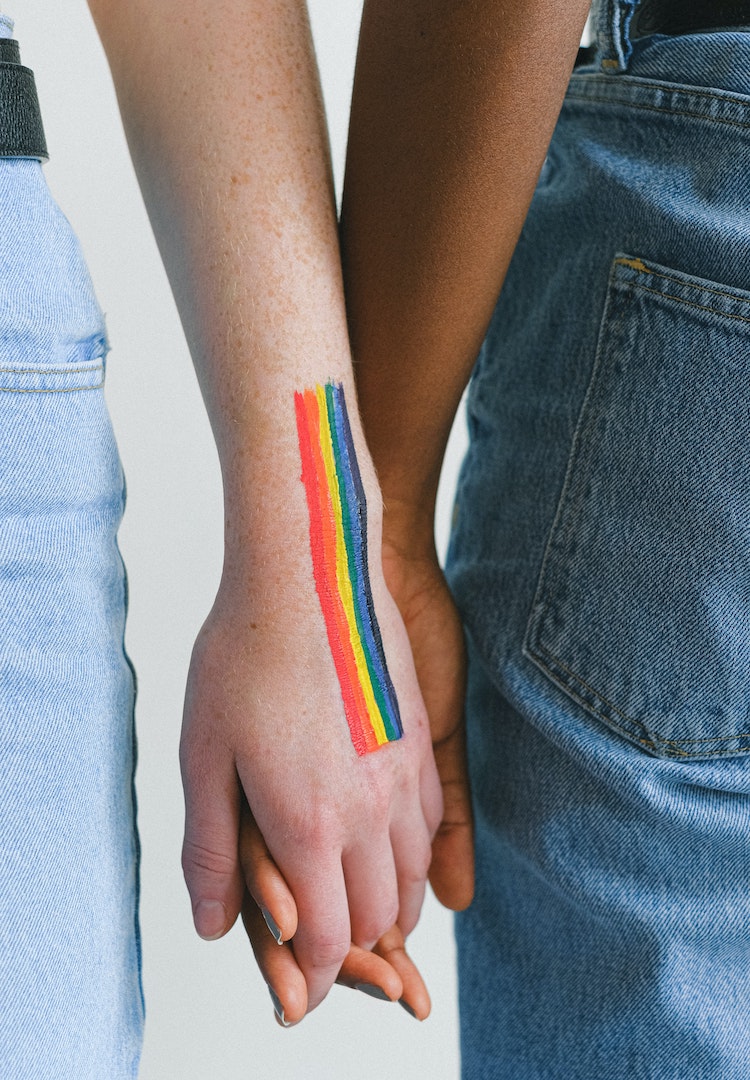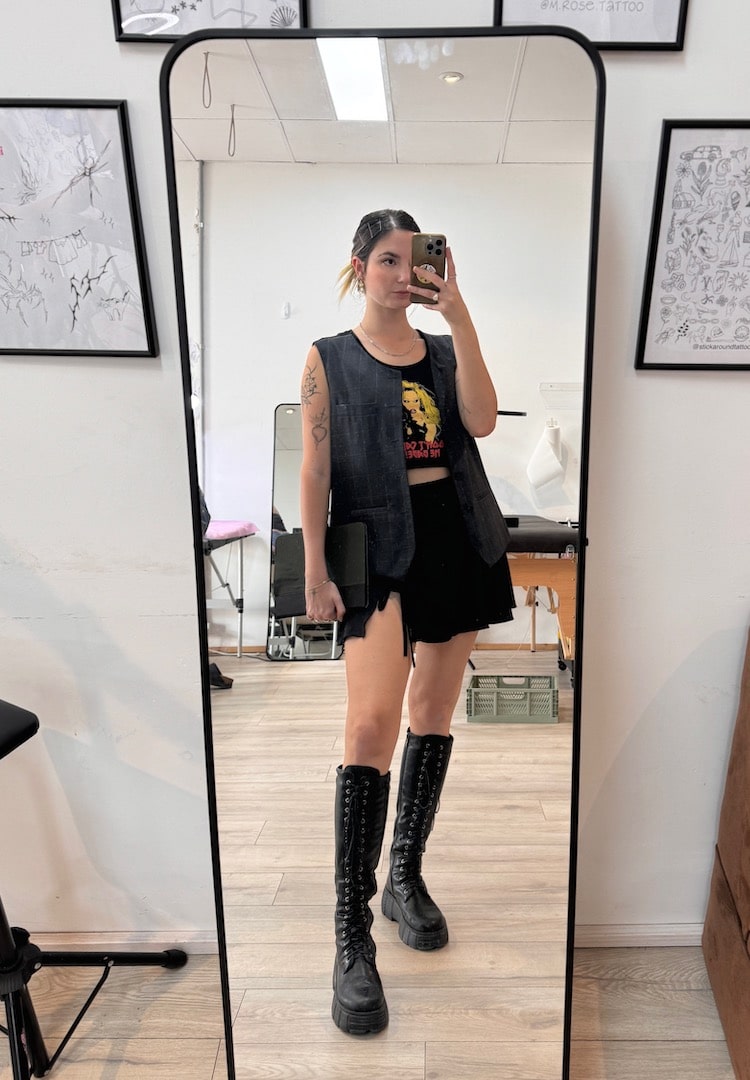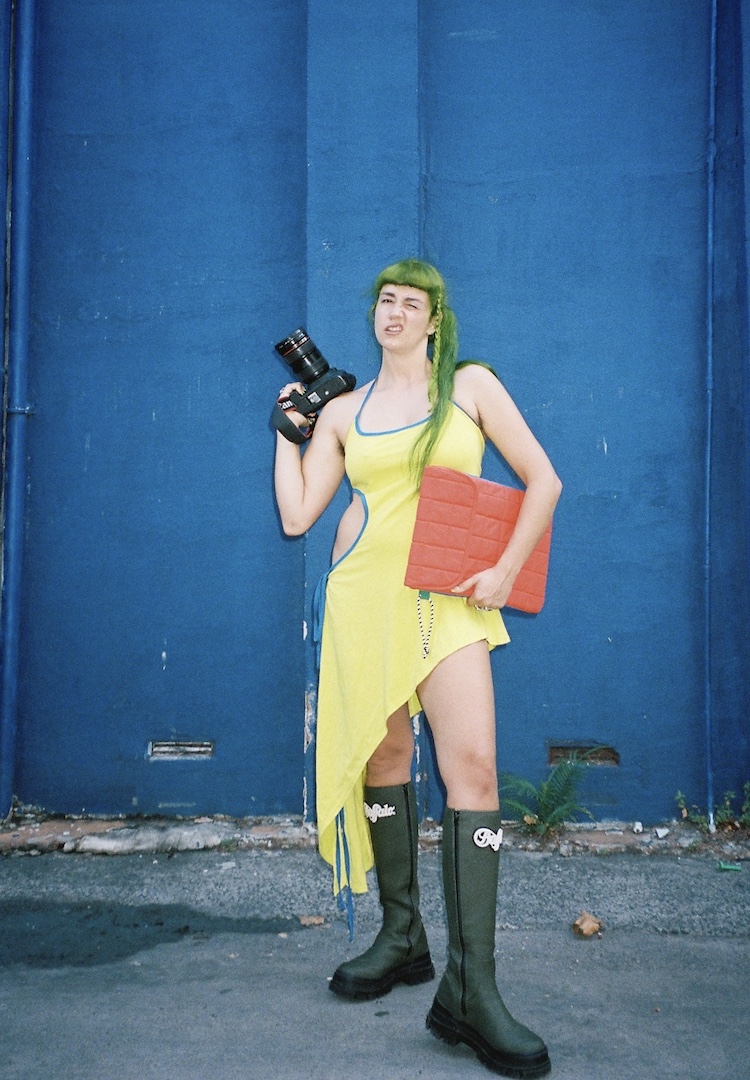So, you’ve been fired. Now what?
WORDS BY NINA MIYASHITA
“Sometimes work environments are just not the right fit and certain personalities just don’t work well together.”
There are a lot of factors that make for a good employee, and a good job. Sometimes we find ourselves in a role that doesn’t feel like the right fit for us, and other times it’s us that’s wrong for the job. As young people begin to navigate their careers and are trying to find out where they fit in the working world, sometimes things end badly. We might get ‘let go’, which is a sugar-coated way of saying we get fired. So, what do you do when you’ve been fired? And what happens next?
Helen Green, the Director of Career Confident and a registered career development practitioner, says being fired is more common than most people realise, as the topic is not widely discussed (probably due to the cultural shame surrounding it). “In my experience, when most workers reflect on their careers, they will recall at least one disappointing role or bad experience, which might include losing their job,” Helen tells me. “But being fired does not need to define your career, nor is it a measure of future success.”
Looking for a new job? Subscribe here and we’ll send a weekly selection straight to your inbox.
Helen says the experience can be particularly tough for young people as they often lose confidence, or question their judgement and capability. Likewise, Leah Lambert, a career/interview coach and the Director of Relaunch Me, believes young people need to understand that if a job doesn’t work out, there’s a good chance it was no fault of their own. Leah acknowledges that poor recruitment practices are common, meaning the candidate should never have been hired in the first place and have essentially been set up to fail.
“In many cases, people have been hired for a role that may not suit them and may not play to their strengths,” Leah notes. “Likewise, sometimes work environments are just not the right fit and certain personalities just don’t work well together.” Being a young person is a process of working out what is and isn’t right for you, which often largely includes your career. Try not to be so hard on yourself for simply figuring out who you are and making valuable errors.
Helen also urges us to appreciate that each situation is very different and, typically, there are multiple contributing factors, like a lack of appropriate training or unrealistic employer expectations. “Many young people are employed on a casual basis and are actually unaware of their legal rights when it comes to dismissal and legal entitlements,” Helen says. “Fair Work Australia is a good place to start.”
But sometimes, it’s an act of bravery and maturity to acknowledge that we were indeed the problem, or at least that we contributed to the outcome. “If you have been fired due to any kind of misconduct, then there is no doubt you will feel remorseful and embarrassed,” Leah notes. “But everyone makes mistakes. Learn from it, own it and move on.”
Directing blame isn’t helpful, but working out where things went wrong and taking accountability where needed is necessary for future success and contentment. Most importantly, both Helen and Leah say that the feelings of shame, embarrassment, sadness and anger will pass. Rejection isn’t easy for anyone, but being fired can be a unique experience in which you can learn a lot, and move on to bigger and better things.
So, once you’ve gotten over the initial shock, what’s next? “See if there is anything positive you can take from the experience, even if this is the realisation you need additional training or prefer working in a different role or work environment,” Helen says.
“Focus on your skills, values and weaknesses, and be honest with yourself about areas you can improve on and [try] discerning what was not your fault. Be aware that workplace culture can differ dramatically, so look for a role that is an affirming, positive move which will help you recognise your strengths and learn from those around you.”
Leah uses the example of someone who might be in a fast-paced customer service role, but their personality traits make it difficult and exhausting to engage with people all day long. This might mean it’s better to have a ‘behind-the-scenes’ type of role that enables more productivity. Essentially, you need to really know your strengths.
During this time of reflection, Helen also suggests seeking psychological support if needed, prioritising your health and wellbeing and seeing if you qualify for financial support while looking for a new role. “Reflect on your other achievements and [the] challenges you have overcome outside that role. This can be empowering,” she says.
According to Leah, the most difficult part of moving on after being fired is often finding references. “Depending on your reason for being let go, your previous employer may still be willing to provide you a reference and truly support you,” she says. “If you were fired for misconduct though, this is likely to be a sticking point. You will need to find a referee from another workplace and may need to be upfront with potential employers about it.”
And what if you’re fired more than once in a relatively short period of time? “Seek honest feedback from your employer and, if appropriate, co-workers,” Helen says. “Try and see if there [are] any common themes, such as being late or lacking certain skills. Sometimes additional practical training might be needed. Consider if the next job you are applying for is the appropriate level for you at this stage, or if you need a career change.”
Leah also encourages seeing a professional if you find yourself in this position multiple times. “Working with a career coach to understand your strengths and weaknesses in the workplace, and how this maps across to work that is or isn’t suited to us, can be really empowering,” she explains.
Ultimately, we need to normalise the fact that the workplace is a melting pot of personalities and cultures, and that they can be difficult places to navigate regardless of age and experience. With the right support network and time spent rebuilding both your skills and confidence, being fired might not be the worst thing in the world.
For more advice on how to deal with being fired, try this.










